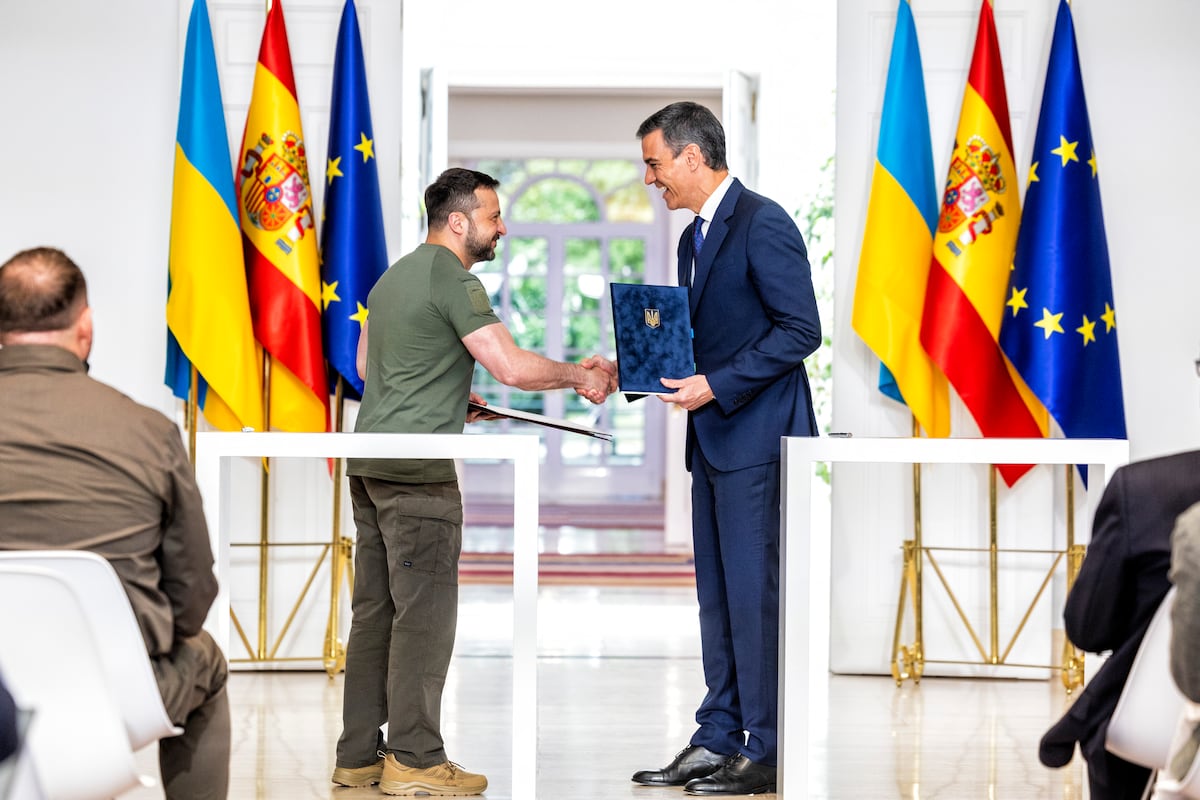Vietnam tries to stabilise relations with China – Technologist
Trung’s visit included a meeting on Friday – the day Thuong formally resigned – with Chinese Foreign Minister Wang Yi, who promised to “intensify high-level exchanges”, according to the foreign ministry in Beijing.
Trung told Wang that the two countries should make efforts to implement “high-level common awareness, enhance political trust and consolidate a peaceful environment” while improving cooperation in “all fields”, according to the state-owned Vietnam News Agency.
The same day he also met Cai Qi, the number five in China’s political hierarchy.
Nguyen Khac Giang, a visiting fellow with the Vietnam studies programme at the ISEAS-Yusof Ishak Institute in Singapore, said there may not be a direct link between the visit and the recent political upheaval in Hanoi.
Are China and Vietnam on collision course over Beijing’s Gulf of Tonkin marking?
Are China and Vietnam on collision course over Beijing’s Gulf of Tonkin marking?
“The narrative from the Vietnamese Communist Party’s official media suggests that Le Hoai Trung’s visit was scheduled before Vietnam’s recent political reshuffling, which means it likely isn’t connected to the country’s internal political changes,” he said.
This month Beijing published a map outlining the waters it claims in the sea, known in Chinese as the Beibu Gulf.
So far Hanoi’s response has been muted and Trung told Liu that the two countries should “settle [their] differences by peaceful means” and “in conformity with international law”.
“The two sides need to bring into play the negotiation mechanisms on sea-related issues, seriously and effectively implement the Declaration on the Conduct of Parties in the East Sea, and promote the building of a substantive and efficient code of conduct in the waters that matches international law,” he added.
Giang said Vietnam’s approach to the dispute contrasted with the Philippines, which has been involved in a series of confrontations in the South China Sea over recent months.
“Unlike the Philippines, which currently adopts a tougher stance, Vietnam prefers a subtler approach,” Giang said.
“This strategy stems from Vietnam’s view of China as a crucial economic, trade partner, and a model of regime legitimacy, from which it can draw lessons as a fellow Communist state.”
Huong Le Thu, deputy director of the International Crisis Group and a former senior analyst at the Australian Strategic Policy Institute, said the visit was “consistent with Vietnam’s foreign policy” of “talking to everyone”.
“It needs to make sure that it utilises all means for its foreign policy, including party-to-party talk channels,” Le Thu said.
She added that relations with China were “the most important set of bilateral relations for Vietnam. For the sake of security, stability, and economics”.
China is Vietnam’s main trading partner, although in recent years Hanoi has also tried to balance its foreign policy by cultivating its relations with the United States and other leading economies – an approach that saw it hosting Presidents Joe Biden and Xi Jinping within the space of a month last year.
Hanoi’s low-key approach may be central to muted confrontations with Beijing
Hanoi’s low-key approach may be central to muted confrontations with Beijing
“The maritime disputes and prevalent anti-China sentiment in Vietnam hinder the possibility of a full alliance with China.
“Yet, considerations of regime survival preclude a full alignment with Western powers. Consequently, Hanoi will continue to strike a delicate balance between the two sides of the great power rivalry,” Giang added.


